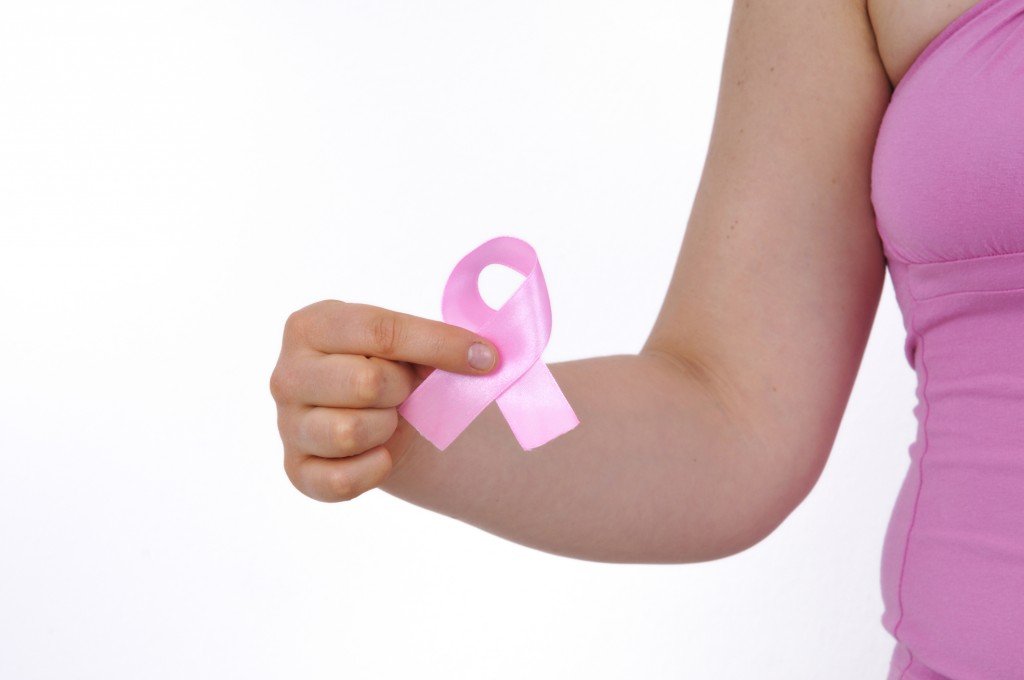First, it was Angelina Jolie, who had a double mastectomy because of increased genetic risk of breast cancer due to the presence of BRCA gene. The presence of BRCA gene also increases the risk of ovarian cancer. We know that if you have a family history of ovarian cancer then the risk of ovarian cancer increases amongst women in that family.
Take for example the recent announcement that Pierce Brosnan’s daughter Charlotte Emily died of ovarian cancer at age 42. Brosnan is a former James Bond star whose first wife, Cassandra (Charlotte’s mother), was also killed by the same disease in 1991 when she was 43. I am not sure if Charlotte Emily’s BRCA status is known.
There are two types of BRCA genes known as BRCA1 and BRCA2. BRCA is an abbreviation for breast cancer. These genes are tumour suppressor genes and once they undergo changes (mutation), their capacity to normally prevent cancer from developing is lost. It is now known that women found to have mutations in the genes have a very high risk of developing breast and ovarian cancers.
The genetic mutations are not common. About one in 500 to one in 1,000 individuals will carry a mutation or a gene change in one or another of these genes. It generally occurs amongst people who tend to stay together and don’t have offspring with people from other types of ethnicities. Experts say these mutations tend to stay within one group of individuals.
What distinguishes BRCA1 and BRCA2 genes is where they’re located in the chromosomes. There are also slight differences in terms of the types of cancers associated with the two genes.
The main difference in the two genes is that carriers of the BRCA1 gene mutation have a slightly increased risk of ovarian cancer compared to those with BRCA2. It is also known that carriers of BRCA2 genes have risks of different types of cancers, including pancreatic cancer and melanoma.
For ovarian cancer, women with a mutated BRCA1 gene have a 25 to 65 per cent lifetime risk of developing the disease. Those with a mutated BRCA2 gene have a 15 to 20 per cent chance of developing ovarian cancer.
For men, it is little different. For men with the BRCA2 mutation, there’s an increased risk of both prostate and breast cancers.
Who can ask for BRCA genetic testing?
There has to be a strong family history of cancer. The cancer must have occurred in young ages within the family and if you are a member of ethnic groups known to be affected then you would be eligible. If you don’t meet the criteria but still want to be tested then you can go south of the border and get yourself tested for about $3,000.
Early detection of breast cancer has dramatically changed the prognosis of the disease. We cannot say the same thing about ovarian cancer because we do not have any tests for early detection.
Each year, about 2400 Canadian women are diagnosed with ovarian cancer. Sadly, 1700 women with the disease die each year. In North America, ovarian cancer is the second most common gynecologic malignant disease and is the leading cause of death among women with gynecologic cancer.
More than 60 per cent of the women are in advanced stage when first diagnosed. Their five year survival rate is less than 30 per cent. Their prognosis is poor and they have very few treatment options. Some studies have reported higher survival rates of greater than 90 per cent in women with stage one disease. Only 25 per cent of the women are diagnosed early.
Start reading the preview of my book A Doctor's Journey for free on Amazon. Available on Kindle for $2.99!
